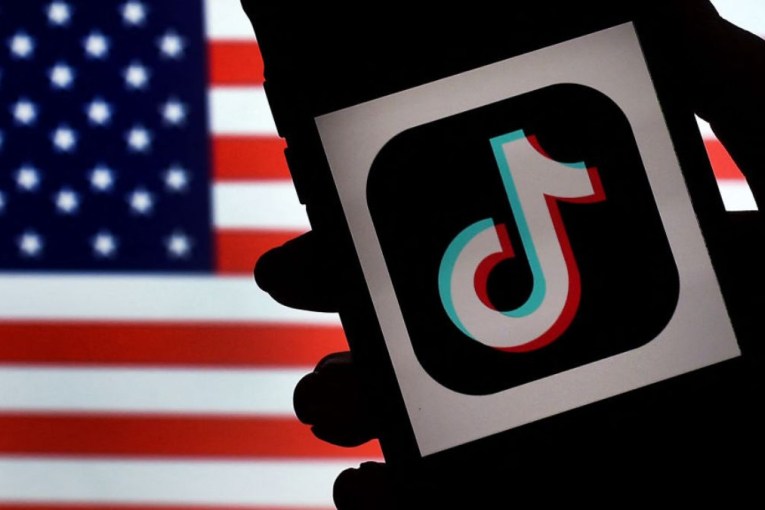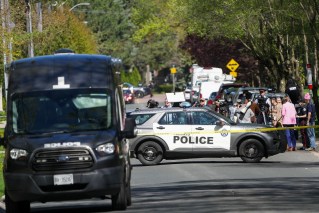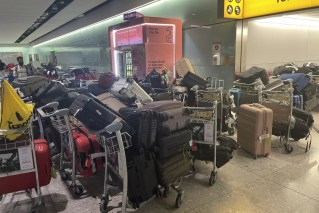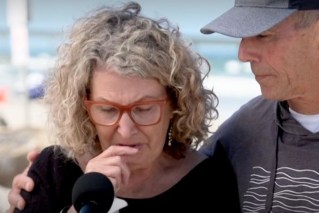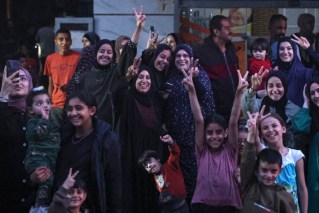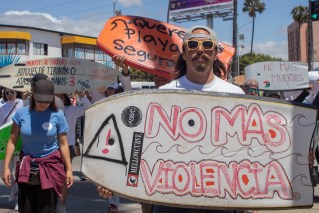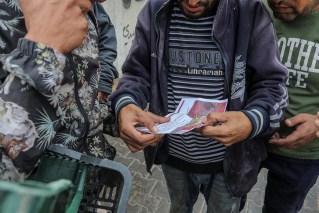Fears for Australian student, reported missing in North Korea
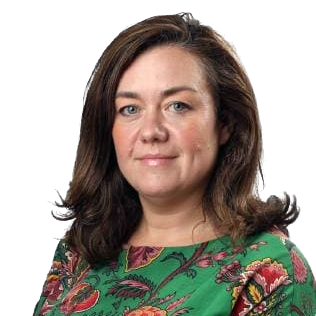
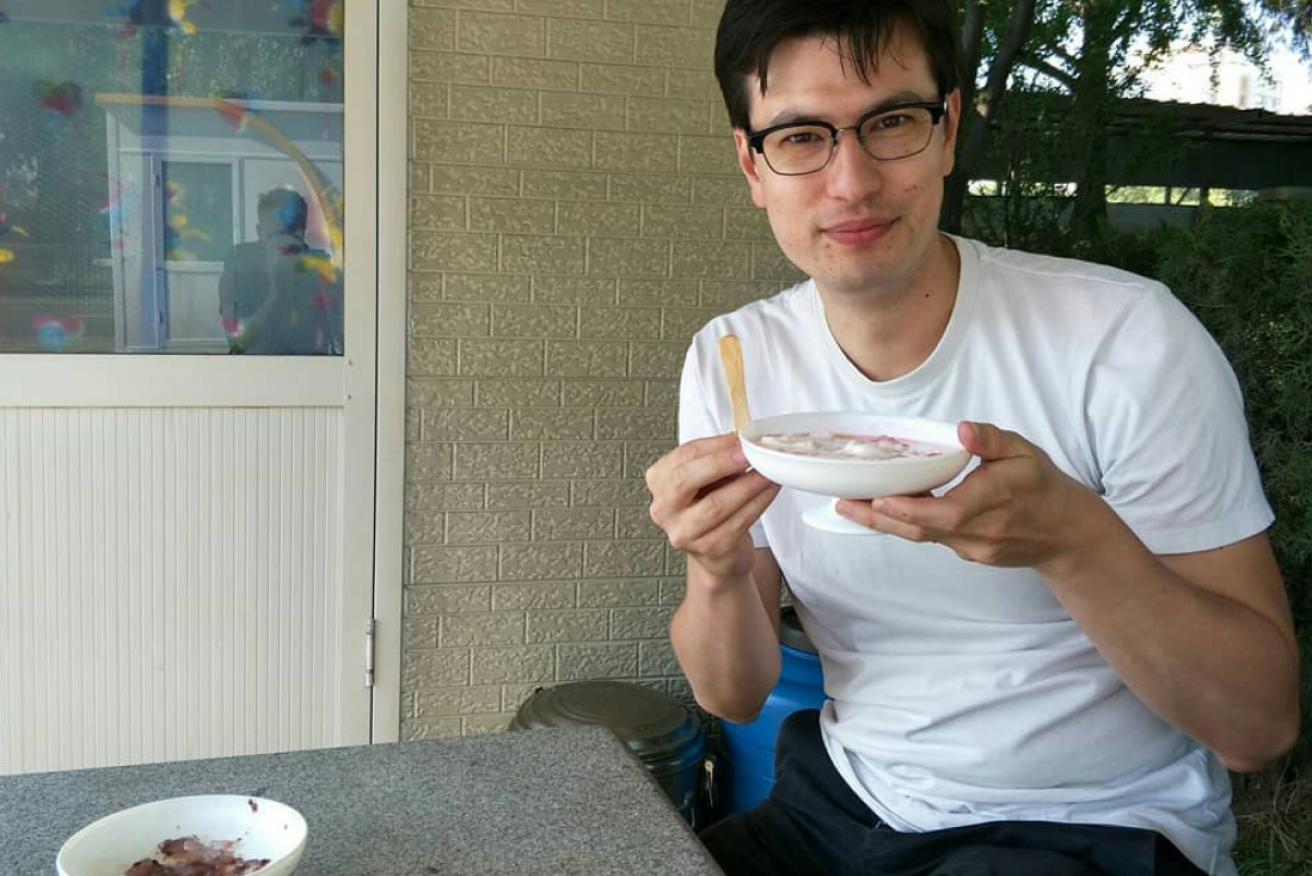
Alek Sigley dining at a restaurant in North Korea. Photo: Instagram
The only Australian living in North Korea, Alek Sigley, has disappeared and is believed to be in detention after his social media accounts fell silent.
The 29-year-old Perth man, who founded his own travel company Tongil Tours offering trips to the region for Westerners, went missing after tweeting about the renovations at Pyongyang’s Ryugyong Hotel on Monday.
New signage above the main entrance to the Ryugyong Hotel bearing its name and logo. A sign that it will soon be open for business?
류경호텔 정문에 걸려있는 새 간판. 간판은 류경호텔의 이름과 상표를 표시하고 있다. 개업날이 다가오고 있는가? pic.twitter.com/bwdDot50ya
— Alek Sigley (@AlekSigley) June 24, 2019
He had previously reassured travellers to the region that he had carefully studied the disappearance and detention of Otto Warmbier.
An American college student, Mr Warmbier went into North Korea as part of a guided tour in 2015 before he was arrested for the theft of a propaganda poster and jailed for two years.
When he was finally released to his family, he was in a vegetative state and later died.
“I’ve read up on all these cases in detail and it’s part of my job as a tour guide to understand the culture,” Mr Sigley said.
“I’ve never felt threatened and this whole year has been a period of rapprochement.”
Mr Sigley’s family confirmed the postgraduate student was studying for a master’s in North Korean literature at Kim Il Sung University.
He had previously studied North Korean propaganda at the Australian National University.
The family spokesperson said there had been no confirmation that Mr Sigley, an Australian-born Asian scholar, had been detained in North Korea.
“He has not been in digital contact with friends and family since Tuesday morning Australian time, which is unusual for him,” they said.
“Australia’s Department of Foreign Affairs and Trade is therefore seeking to confirm his whereabouts and welfare.”
The family confirmed that Mr Sigley’s wife, who is Japanese, is in Japan.
According to South Korea’s Channel A, an “influential source on North Korea” said Mr Sigley was “recently arrested”. The reasons for his arrest were not known.
Australia has no formal representation in North Korea and the British Embassy in Pyongyang is handling the matter.
“The Department of Foreign Affairs and Trade is providing consular assistance, in accordance with the Consular Services Charter, to the family of an Australian man who has been reported as being detained in North Korea,” a DFAT spokesman said.
“The department is urgently seeking clarification. Owing to our privacy obligations we will not provide further comment.”
As a foreigner, Mr Sigley could not visit the home of any North Korean and lived in university dorm accommodation.

Alex Sigley’s passport.
However, he was given special freedoms as a student living in North Korea. Unlike tourists, he could visit local shops and restaurants.
Tourists must travel to North Korea as part of a tour group. Mr Sigley admitted his tours played a big role in the North Koreans allowing him to enrol at university.
“They have to trust you and know you, the tour company did help, and I’d been to the country more than 10 times,” he said.
His prolific social media accounts detail local restaurants providing western food including pizza and pasta and local delicacies.
“Every block has at least one little shop that has imported goods, lots of Chinese, but also Japanese, some eastern European stuff and German,” he said.
“You can get everything from New Zealand beef to a big selection of Haribo. I’ve even found milk from Victoria in Australia.

Mr Sigley is an active social media user.
Last year, he wrote an article for The Guardian detailing his extraordinary life living as an Australian in North Korea.
“As a long-term foreign resident on a student visa, I have nearly unprecedented access to Pyongyang. I’m free to wander around the city, without anyone accompanying me. Interaction with locals can be limited at times, but I can shop and dine almost anywhere I want,” he said.
“North Korea today is in transition. Despite heavy sanctions, Pyongyang has a small but growing consumer class, due in part to government policies to liberalise sections of the economy.”
Mr Sigley’s social media accounts, including Twitter – which is officially banned in North Korea – were careful to only post positive material about North Korea and did not show images of poverty or air criticisms of the regime.
